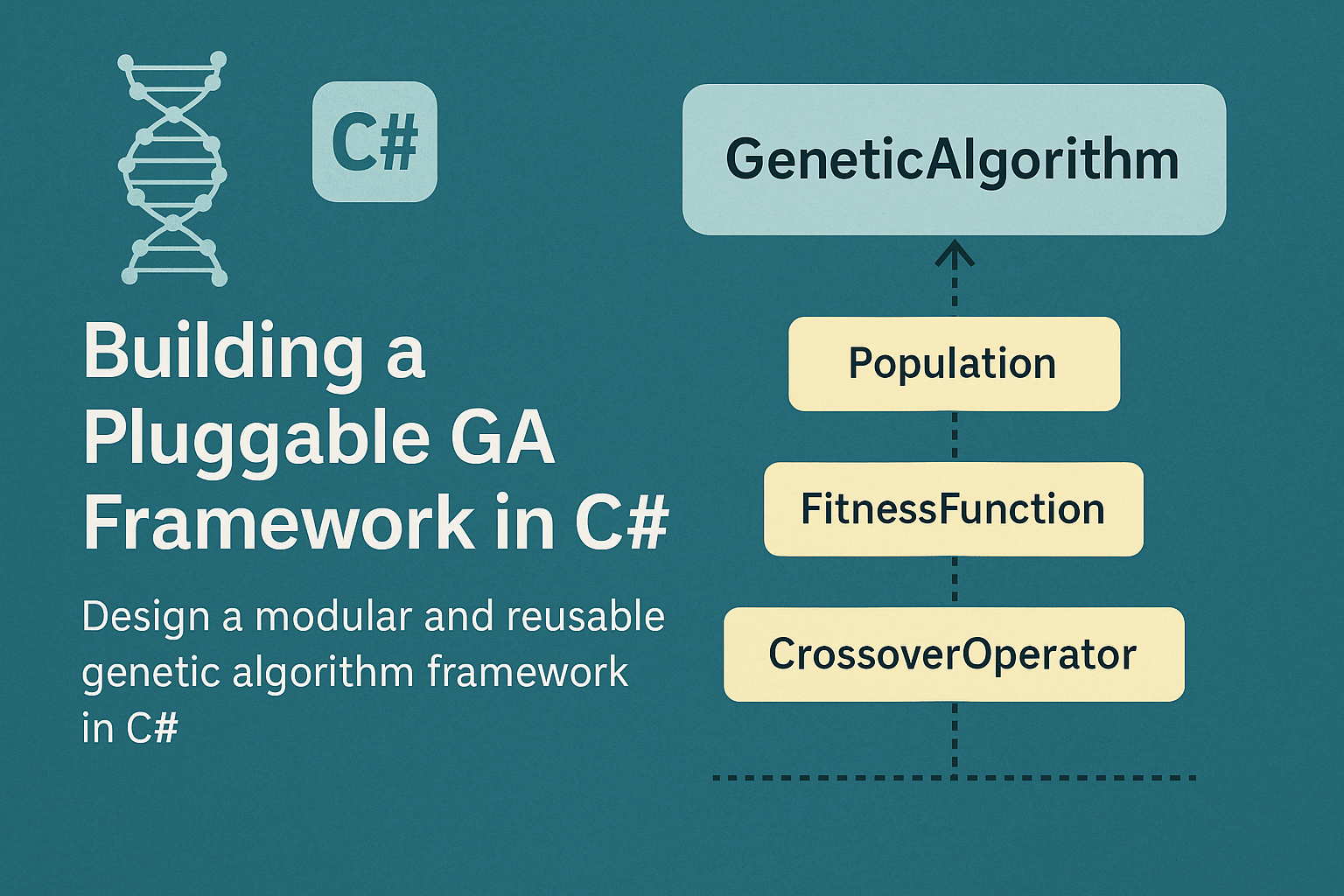
Syntax Showdown: A Look at Common Constructs in C# and Rust
- Chris Woodruff
- January 19, 2025
- Rust
- .NET, C#, dotnet, programming, rust
- 3 Comments
Posts in this Series on Rust for C# Developers
- Part 1: Why Every C# Developer Should Explore Rust
- Part 2: Exploring Programming Paradigms: C# and Rust Side by Side
- Part 3: Syntax Smackdown: Comparing Constructs in C# and Rus
- Part 4: Memory Wars: Garbage Collection in C# vs. Ownership in Rust
- Part 5: Threads, Tasks, and Ownership: C# and Rust Concurrency Explored
- Part 6: Building with .NET and Rust: A Tale of Two Ecosystems
- Part 7: Level Up Your Skills: Learning Rust as a C# Dev
- Part 8: Rust’s Superpower: Speed Meets Smarts
Programming languages are like different cuisines. Some stick to comfort and tradition, like C# with its familiar object-oriented flavors, while others, like Rust, spice things up with bold new ingredients like ownership and borrowing. In this post, we’ll compare the “syntax recipes” for common constructs in C# and Rust, highlighting the delicious differences and similarities along the way.
Variable Declarations: Setting the Stage
C#: Explicit, with a Touch of Magic
C# likes to keep things straightforward—most of the time. You declare variables with clear types, or if you’re feeling fancy, use var for type inference:
int number = 10; string message = "Hello, World!"; bool isActive = true; var inferred = 42; // Compiler figures out it's an int
Rust: Explicit by Default
Rust is all about clarity and safety. You’ll explicitly declare types when needed, though the compiler’s type inference is pretty smart:
let number: i32 = 10; let message: &str = "Hello, World!"; let is_active: bool = true; let inferred = 42; // Compiler infers it's an i32
Bonus points: Rust’s variables are immutable by default. To make them mutable, you add a little mut:
let mut counter = 0; counter += 1; // Now it's allowed
Functions: Getting Things Done
C#: Polished and Practical
C# functions look sleek and professional. You declare a return type, name your function, and jump right into the action:
int Add(int a, int b)
{
return a + b;
}
string Greet(string name)
{
return $"Hello, {name}!";
}
Rust: Concise and Composable
Rust’s functions are compact and often omit the return keyword for simplicity:
fn add(a: i32, b: i32) -> i32 {
a + b // Implicit return (no semicolon means "return")
}
fn greet(name: &str) -> String {
format!("Hello, {}!", name)
}
Conditionals: Making Decisions
C#: Classic Control Flow
C# sticks to the tried-and-true if-else format:
int number = 10;
if (number > 5)
{
Console.WriteLine("Number is greater than 5");
}
else
{
Console.WriteLine("Number is 5 or less");
}
Rust: Lean and Expressive
Rust keeps conditionals clean and concise, with a slight twist—if is an expression, so it can return values:
let number = 10;
if number > 5 {
println!("Number is greater than 5");
} else {
println!("Number is 5 or less");
}
Or, returning a value from if:
let message = if number > 5 {
"Greater than 5"
} else {
"5 or less"
};
println!("{}", message);
Loops: Repeating the Fun
C#: Iteration Made Easy
C# has all the classic looping constructs:
for (int i = 0; i < 5; i++)
{
Console.WriteLine($"Iteration {i}");
}
int count = 0;
while (count < 5)
{
Console.WriteLine($"Count {count}");
count++;
}
Rust: Loops with a Twist
Rust’s looping syntax is simple, with for loops often taking center stage:
for i in 0..5 {
println!("Iteration {}", i);
}
let mut count = 0;
while count < 5 {
println!("Count {}", count);
count += 1;
}
And, for infinite loops, Rust has a dedicated keyword:
loop {
println!("This runs forever unless you break it");
break; // Escape hatch
}
Error Handling: Keeping It Safe
C#: Try and Catch
C# uses exceptions to handle errors. It’s straightforward and familiar:
try
{
int result = 10 / 0;
}
catch (DivideByZeroException e)
{
Console.WriteLine("Cannot divide by zero");
}
Rust: Results That Mean Business
Rust avoids exceptions in favor of Result and Option, forcing you to handle errors explicitly:
fn divide(a: i32, b: i32) -> Result<i32, &'static str> {
if b == 0 {
Err("Cannot divide by zero")
} else {
Ok(a / b)
}
}
match divide(10, 0) {
Ok(result) => println!("Result: {}", result),
Err(e) => println!("Error: {}", e),
}
Final Thoughts
Both C# and Rust have unique syntax styles reflecting their design philosophies. C# aims for productivity and developer comfort, while Rust prioritizes safety and performance. By exploring both, you’ll expand your programming toolkit and appreciate the beauty in each language’s approach.
So, which syntax style do you prefer? Let us know in the comments below!







Mohammad.Damak
Hello
In my opinion c# syntax is very cleaner an nicer.
Lethargo
Thank you for this series. I’m a C# programmer wgo is interested in Rust as a learning experience, to see a little how it forces you to think.
Rob Cannon
So, if Rust “variables” need to have a mut attribute to be actual variables, aren’t the just references, by default? I think “variable” is the wrong term. Or am I missing something?